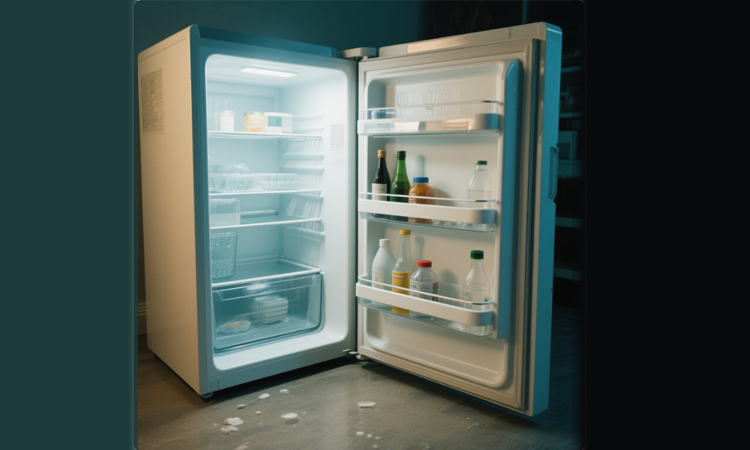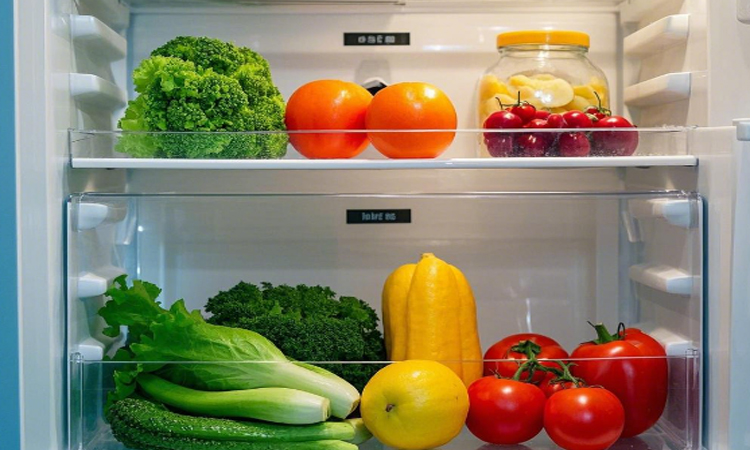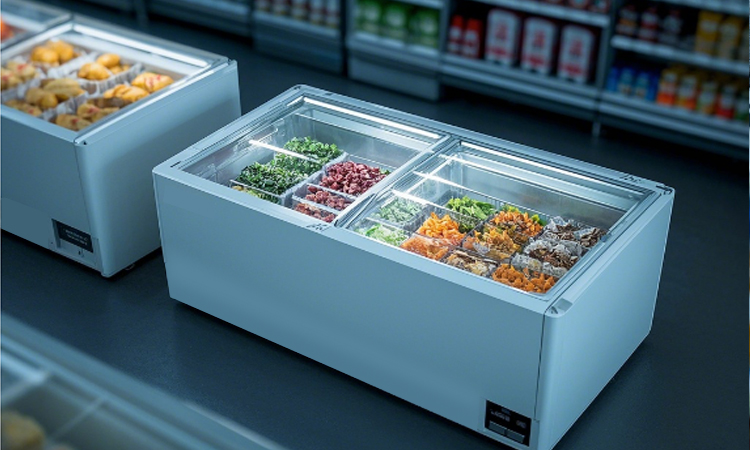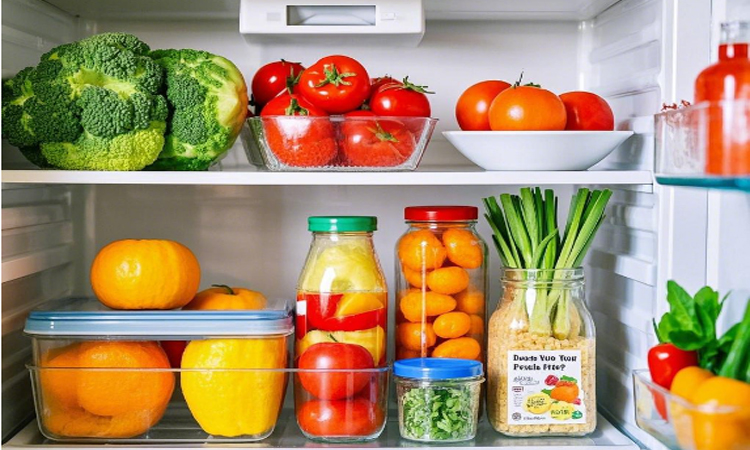
A refrigerator is an essential appliance in every household, keeping our food fresh and drinks cool. However, when it suddenly stops cooling, it can be a significant inconvenience. Here are some common refrigerator cooling issues and how to diagnose them.

1. Thermostat Malfunction
The thermostat is responsible for regulating the temperature inside the fridge. If it's not working correctly, the cooling system may not function as it should. Check the thermostat settings and ensure they are set correctly. If the issue persists, it might be time to replace the thermostat.
2. Dirty Condenser Coils
Over time, dust and debris can accumulate on the condenser coils, reducing their efficiency. This can lead to poor cooling performance. Regularly clean the coils to maintain optimal refrigerator function.
3. Blocked Air Vents
Blocked air vents can prevent cold air from circulating properly within the fridge. Make sure there's nothing obstructing the vents and that the air can flow freely. If the vents are blocked, clear them to improve cooling.
4. Defective Compressor
The compressor is the heart of the cooling system. If it's not working, the refrigerator won't cool. Listen for any unusual noises coming from the compressor area. If it's too quiet or making strange sounds, a compressor issue might be the cause.
5. Low Refrigerant Levels
Modern refrigerators use a refrigerant to cool the interior. If the levels are low, the cooling effect will be diminished. A professional technician can check and recharge the refrigerant if necessary.
6. Faulty Door Seal
A damaged or worn door seal can let warm air into the fridge, affecting the cooling. Inspect the seal for any signs of wear and replace it if needed to maintain a proper seal.
7. Ice Build-Up
Excessive ice buildup, especially in the freezer, can impede the flow of cold air and reduce the refrigerator's efficiency. Regularly defrost the freezer to prevent ice buildup and maintain optimal cooling.
Understanding these common issues can help you take the first steps in troubleshooting your refrigerator's cooling problems. If you're unsure or if the problem persists, it's always best to consult with a professional appliance repair service.





